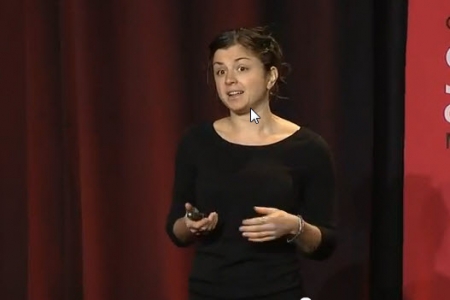“You know, all these tools we’ve been discussing over the past three days – they’re helping to solve the important problems in data. But I do think that there are some things that are sometimes left to heuristics or even chance. So the point of these experiments is not that you should now out and try to measure the effect of your friends on the market share of different wines; rather that tastes are tricky things. They’re notoriously difficult to pin down.”
Data is considered a tangible thing, but there are issues that stand in the way of proper inference:
- Social Influence
- Context & Value
- Expectation & Perception
Data can be ‘slippery.’ People try to quantify things that they enjoy. For example, the ‘wine aroma wheel’ makes an effort to quantify the taste of a wine so that it can be compared, but it’s also somewhat imagined. On the other hand, a mass spectrometer can measure the exact chemical content of the wine, but this doesn’t express how humans perceive the wine. Context matters.
So they tried an experiment where people were divided into VIP and non-VIP status and asked to taste some wines, and then both groups were given the option of trying another wine.
Experiment 1:This experiment tested social influence – whether people would choose what they believed others had chosen. One group was told that wine B got more votes. This didn’t influence preference significantly.
Experiment 2:They told people that one wine was ‘special,’ telling them that one of the wines they were tasting was only for VIPs. In this case, those who were told that the better wine was the VIP wine liked it more. Those who were told that cheap wine was VIP wine were likely to be more critical and like it less.
Experiment 3: They tested the effect of ‘priming’ with certain flavors, colors, and moods. There was a purple, berry image, and a green, earthy image. People then picked out the flavors. This seemed to be heavily influenced by which image card the people were given.
One final thought:
Excessive consumption of data analysis may limit your ability to enjoy simple pleasures!

